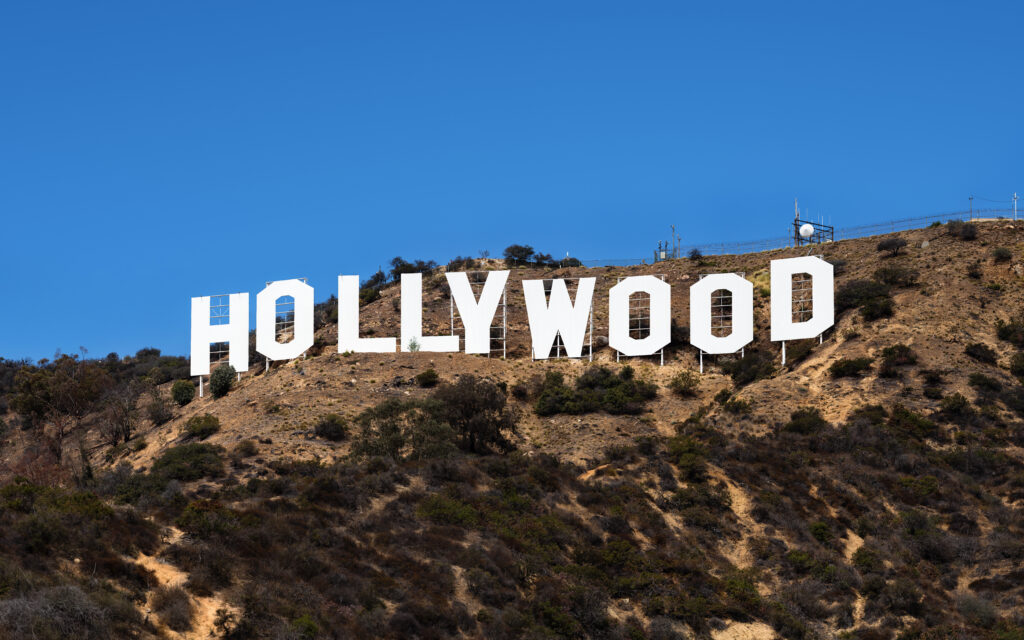
There’s an undeniable gravitational pull to stories rooted in reality, especially when Hollywood transforms them into gripping narratives that captivate audiences worldwide. We, as enthusiasts of film and history, are constantly fascinated by how filmmakers bring the past to life, turning “stories based on historical fact” into monumental cinematic experiences.
Indeed, some events are so monumental, so impactful, that they transcend mere historical connection; they are truly “historic.” As the Oxford English Dictionary suggests, “Historic is usually used to describe something that is so important that it is likely to be remembered.” This distinction is crucial as we delve into the real-life historical events that didn’t just happen, but actively reshaped our world, leaving an indelible mark that Hollywood has masterfully explored.
In this deep dive, we’re taking a thrilling journey through 15 such events that have inspired some of the most powerful and thought-provoking films. This first section unveils the initial seven of these world-changing moments, exploring how political seismic shifts, technological catastrophes, and geopolitical standoffs became the very fabric of our most beloved thrillers and dramas, offering a unique blend of “in-depth analysis and detailed information” that IGN fans cherish.
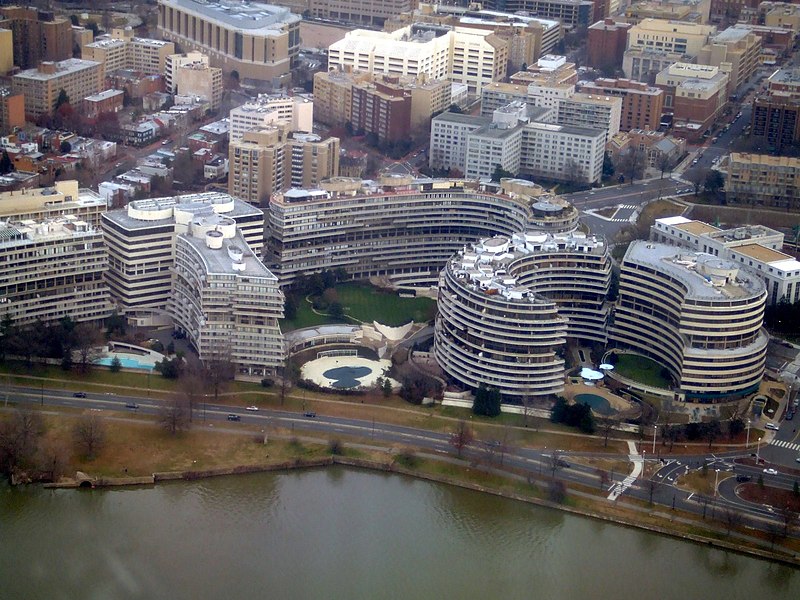
1. **The Watergate Scandal: Unmasking Political Corruption**Few political dramas resonate with the enduring power and investigative grit of “All the President’s Men.” This film isn’t merely a movie; it’s a benchmark for political thrillers, meticulously reconstructing the unraveling of one of the most significant political scandals in American history. The Watergate scandal, a tangled web of political corruption, led to the unprecedented resignation of a U.S. President, forever altering the landscape of American politics and journalism.
William Goldman’s screenplay, based on the book by Bob Woodward and Carl Bernstein, is a masterclass in adaptation, “skillfully adapt[ing] the real events, focusing primarily on Woodward and Bernstein’s perspective.” It delivers a “tense and gripping portrayal of investigative journalism,” vividly showcasing the reporters’ “relentless pursuit of truth.” The film’s tension isn’t manufactured; it stems directly from the high stakes and genuine danger inherent in uncovering such widespread deceit.
The script’s brilliance lies in its laser-like focus: it zeroes in on “a particular historical event in time, and the key figures involved in the discovery of the scandal.” We don’t delve into the extensive backstories of the investigative journalists, nor do we explore President Nixon’s personal narrative. Instead, “we learn about the scandal through the eyes of Woodward and Bernstein,” experiencing the incremental revelations and mounting pressures as they did.
The impact of Watergate, and by extension, “All the President’s Men,” extends far beyond Washington D.C. The context notes that its “ripple effects go much further,” influencing “how politics are covered by the media not just in the US, but everywhere.” It instilled a new era of skepticism towards authority and cemented the role of a free press as a crucial check on power, making it a truly “historic” moment remembered globally.

2. **The Chernobyl Nuclear Meltdown: The Terrifying Reality of Nuclear Catastrophe**The 1986 nuclear meltdown at the Chernobyl power plant in the USSR, now Ukraine, stands as one of the “most important and scariest events of the 1980s.” It was a chilling real-world horror, an event that not only exacerbated the existing global fears surrounding nuclear power but also “helped show just how technologically messed up the USSR was,” exposing systemic flaws on a grand scale.
The 2019 HBO miniseries “Chernobyl” meticulously reconstructs this catastrophe, earning acclaim for its “amazing story in all its terrifying details.” What makes the series particularly compelling is its commitment to accuracy, noted as “pretty historically accurate,” bringing the human cost and the desperate efforts to contain the disaster into sharp, painful focus.
Beyond its immediate devastation, the Chernobyl meltdown had profound ideological and environmental consequences. It was “used as a rallying cry by anti-nuke protestors in the West,” fueling debates about energy policy and safety for decades. The miniseries captures this global resonance, presenting a story that is both a historical document and a deeply human drama.
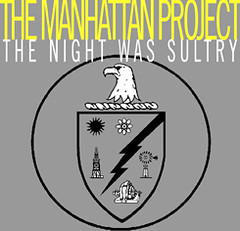
3. **The Manhattan Project: Birthing the Atomic Age**The development of the atomic bomb through the top-secret Manhattan Project is an event that quite literally “cast a pall over the rest of the 20th Century.” This monumental scientific and ethical endeavor culminated in a weapon whose “terrifying effects helped end World War II,” but simultaneously ushered in an era of unprecedented global anxiety, defining the subsequent Cold War and a perilous arms race that “threatened to end the world.”
Christopher Nolan’s “Oppenheimer,” the acclaimed winner of the 2024 Oscar for Best Picture, delves deep into this pivotal moment. The film masterfully portrays the brilliant minds behind the bomb, led by J. Robert Oppenheimer, and the immense moral weight they carried. It’s a compelling look at the crossroads of scientific advancement and its devastating consequences.
“Oppenheimer” isn’t just a biopic; it’s a profound exploration of a “historic” turning point. The creation of the atomic bomb didn’t just win a war; it fundamentally reshaped international relations, military strategy, and the very concept of global security. The film brings this complex legacy to life, forcing audiences to confront the difficult truths of a discovery that changed everything, everywhere.
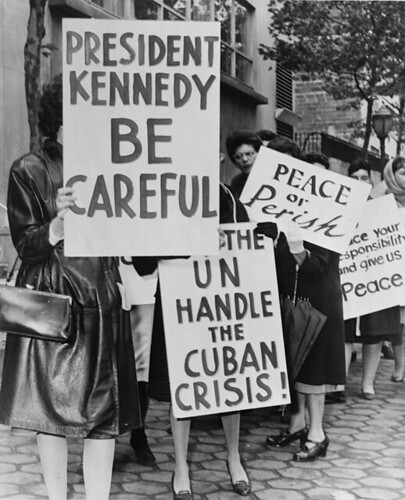
4. **The Cuban Missile Crisis: On the Brink of Global Annihilation**For 13 harrowing days in October 1962, the world held its breath as the Cold War “came closest it ever came to becoming a hot war” during the Cuban Missile Crisis. This period was indeed a “harrowing time,” a high-stakes geopolitical standoff between the United States and the Soviet Union over the placement of nuclear missiles in Cuba. The fate of humanity teetered precariously on the brink of nuclear conflict.
The film “Thirteen Days” immerses viewers directly into the heart of this crisis, offering an intense portrayal “from inside the White House.” It depicts the immense pressure and crucial decision-making faced by President John F. Kennedy and his advisors. The tension is palpable as every choice could have led to catastrophic global warfare.
The film underscores the incredible gravity of the situation, emphasizing that “had cooler heads not prevailed, things on this planet might be very different.” “Thirteen Days” not only recounts the historical facts but also powerfully conveys the fragility of peace and the immense responsibility of leadership during an existential threat, making it a profound watch for anyone interested in world affairs.
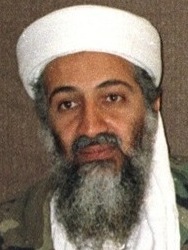
5. **The Hunt for Osama Bin Laden: A Decade-Long Global Pursuit**The events of 9/11 irrevocably altered the global landscape, initiating a “hunt for Osama Bin Laden” that “affected every corner of the globe” and dominated headlines “for almost a decade.” This protracted, complex pursuit became a defining feature of post-9/11 geopolitics, weaving a narrative of intelligence, covert operations, and unwavering determination across continents.
Kathryn Bigelow’s “Zero Dark Thirty” offers an unflinching cinematic account of this relentless quest, taking “audiences behind the scenes in that hunt, leading to his death in 2011.” The film is lauded as a “fantastic movie” that tells “the story in a pretty accurate way,” providing a granular, often intense, look at the intelligence community’s efforts.
While acknowledging that, “like many of these movies, it shouldn’t all be taken as fact,” “Zero Dark Thirty” successfully captures the spirit and painstaking nature of this historical mission. It stands as a powerful testament to a geopolitical event that consumed nations and redefined international security, depicting a crucial chapter in modern history.
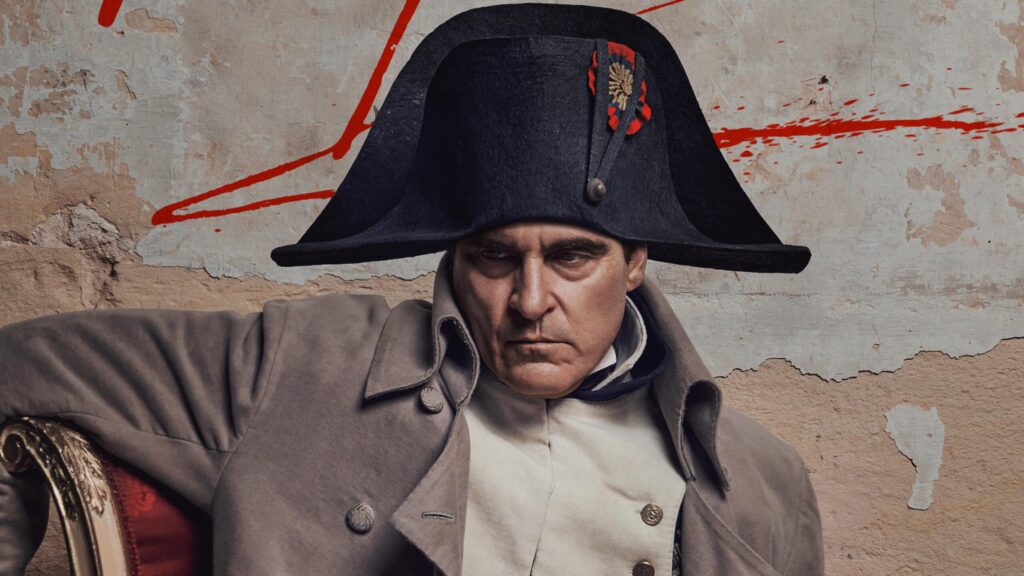
6. **The Battle of Waterloo: Reshaping the Geopolitical Landscape**The early 19th Century was a period of immense upheaval, largely defined by the Napoleonic Wars, which “reshaped politics all over the globe.” While the “most acute effects were felt in Europe,” the ripples of these conflicts extended worldwide; for instance, “without them, the US wouldn’t have made the Louisiana Purchase.” This sprawling military saga finally “ended with the Battle of Waterloo.”
This decisive clash saw the forces of Napoleon Bonaparte conclusively defeated by the English and other European powers, putting an end to “Napoleon’s campaign to rule the world.” The battle was not just a military victory; it was a monumental historical turning point that brought an end to an era of widespread European conflict and ushered in a new balance of power.
The movie “Waterloo” is celebrated for its epic scale and dramatic portrayal of this pivotal conflict. It is described as “one of the best war movies ever made and is a must-see for history buffs.” The film effectively captures the grandeur, brutality, and strategic intricacies of a battle that had profound and lasting consequences for global politics and the European continent.
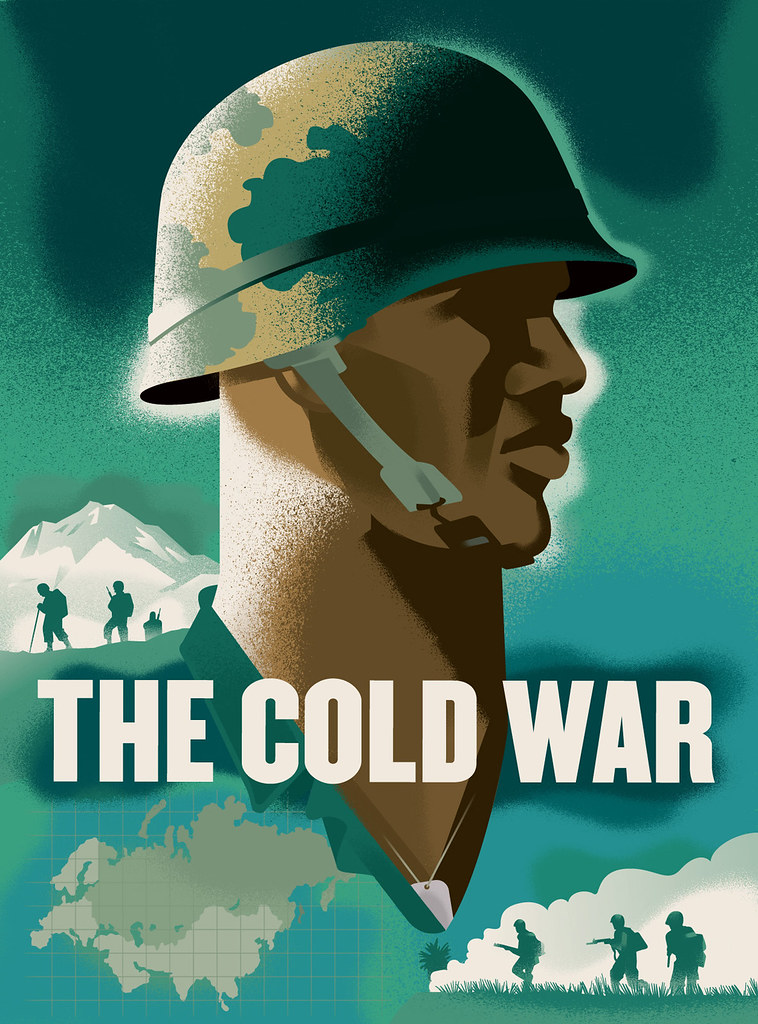
7. **The Space Race: Humanity’s Reach for the Stars Amidst Cold War Rivalry**In the mid-20th Century, as a “biproduct of the Cold War,” the United States and the Soviet Union embarked on an ambitious and perilous “race each other to space.” This ideological and technological contest pushed the boundaries of human achievement, driving innovation and capturing the world’s imagination, even as it underscored the fierce rivalry between the two superpowers.
Philip Kaufman’s “The Right Stuff” beautifully chronicles this era, specifically telling “the story of the Mercury Seven, the first Americans in space, wonderfully.” The film, boasting an “all-star cast and based on a book by Tom Wolfe,” captures the bravery, eccentricities, and profound challenges faced by these pioneering astronauts as they ventured into the unknown.
The Space Race yielded more than just national pride; it produced advancements that fundamentally shaped modern life. We are continually reminded, “Where would we be without satellites, jet propulsion, or any of the other things we take for granted that are a result of the space race?” “The Right Stuff” vividly portrays the “valiant effort” of the US in this truly “historic” competition, offering a glimpse into the heroic and often perilous journey towards the stars.
There’s nothing more intriguing than watching a cinematic interpretation of a real-life character, story, or historical moment in time, and the next eight films continue our exploration of those truly “historic” events. We delve into additional transformative historical moments, from economic seismic shifts to global conflicts and cultural turning points, and examine how these events were adapted into compelling and impactful screen narratives, offering the “in-depth analysis and detailed information” that IGN fans crave.

8. **The 2008 Financial Meltdown: Exposing Economic Chaos**The world watched in stunned disbelief as the 2008 financial meltdown sent shockwaves across the globe, bringing major economies to their knees. This complex series of events, fueled by “wild speculation and lawlessness of the US housing and stock markets,” fundamentally altered perceptions of economic stability and government regulation, marking a truly “historic” turning point.
Adam McKay’s “The Big Short” masterfully tackles this intricate subject, taking audiences on an enlightening and often infuriating journey through the pre-crisis landscape. The film’s brilliance lies in its ability to “uncomplicate” what initially seems like an impenetrable maze of financial jargon, skillfully translating complex economic concepts into understandable narratives. It introduces an ensemble of outsiders who foresaw the collapse and dared to bet against the system, creating a gripping, almost thriller-like tension.
More than just a narrative of financial collapse, “The Big Short” serves as a powerful commentary on accountability and systemic failure, laying bare the “lawlessness” that pervaded parts of the market. Its ripple effects “affected all over the world,” making it a vital cinematic exploration of an event that reshaped economic policy and public trust for generations.
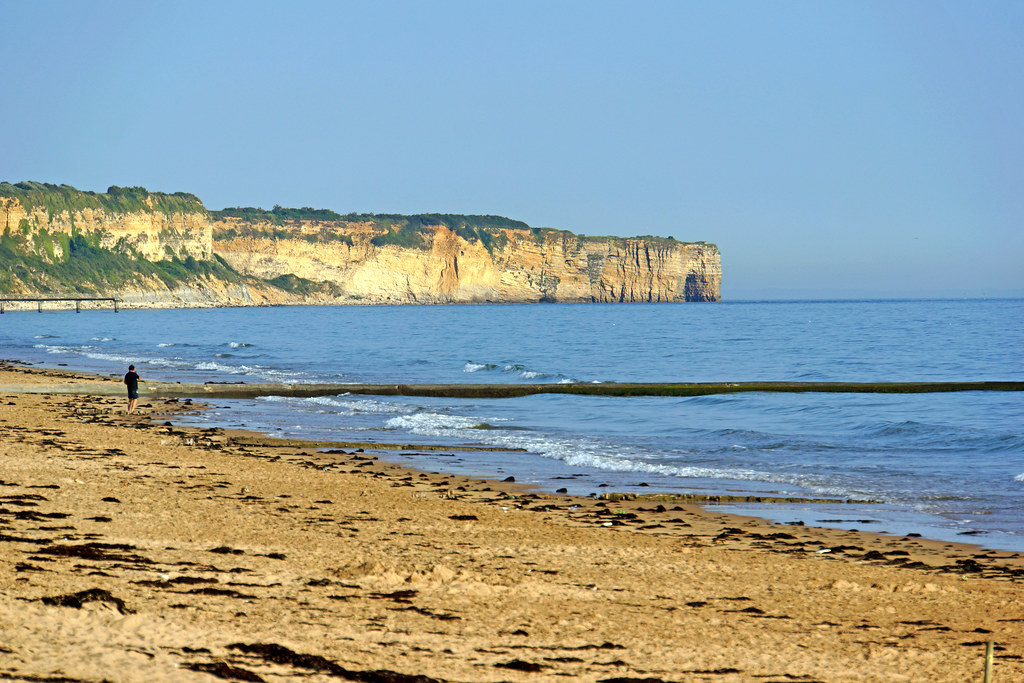
9. **World War II’s D-Day and the European Theater: Turning the Tide**World War II stands as arguably the most impactful conflict in human history, forever altering “the whole world order” and setting the stage for everything that followed. Among its countless pivotal moments, the D-Day landings in Normandy represent a colossal undertaking that fundamentally shifted the war’s trajectory in Europe, beginning the end for Nazi Germany.
Steven Spielberg’s “Saving Private Ryan” sears the harrowing reality of D-Day onto the collective consciousness, with its visceral and unflinching portrayal of the storming of Omaha Beach. While the core story is fictional, the landing sequence’s historical accuracy makes it an unforgettable experience, emphasizing the immense human cost. “World War II was essentially won in those days,” even with “almost another year for the war to finally come to a close.”
Furthermore, HBO’s iconic miniseries “Band Of Brothers” offers a broader and deeply immersive journey through the European theater of WWII. It comprehensively covers “a few important moments in World War II, including D-Day, Operation Market Garden, and the Battle of The Bulge,” providing a rich tapestry of experiences from the men who fought it.
The miniseries does “one of the best jobs of any movie or TV show telling the whole story of the last year of World War II,” ensuring the vast scale and personal sacrifices of this “historic” conflict are remembered. Together, these films provide an unparalleled cinematic exploration.
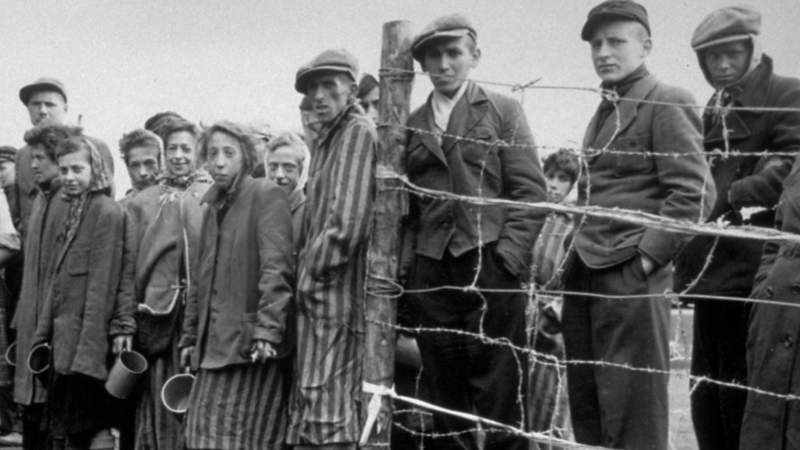
10. **The Holocaust: A Dark Chapter in Human History**Among the darkest chapters in human history, the Holocaust represents an unfathomable horror that defies full comprehension. The systematic genocide of six million Jews by the Nazi regime is a stark and agonizing reminder of humanity’s capacity for evil, a story so profound that “it is impossible to tell the whole story” in one narrative, yet its lessons are eternally critical.
Steven Spielberg’s “Schindler’s List” approaches this immense tragedy through the lens of Oskar Schindler, a German industrialist who saved over a thousand Jews. The film is a “masterpiece” that “find[s] the emotion and horror of the holocaust” within this deeply personal narrative. Its stark black-and-white cinematography and raw emotional power make it essential viewing, highlighting the glimmer of humanity amidst unimaginable suffering.
“Schindler’s List” serves as a permanent cinematic monument to the victims and a potent reminder of the fragility of civilization and the imperative to stand against hatred. It’s a movie “everyone should see,” a testament to its profound and enduring impact. The Holocaust remains a “historic” event whose implications resonate across all cultures and generations, underscoring the vital importance of never forgetting.
Read more about: Agnes Keleti: A Centennial Legacy of Resilience – How a Holocaust Survivor Became an Olympic Gymnastics Legend
11. **The 9/11 Attacks: A Day That Changed Everything**For those who lived through it, the phrase “before 9/11, and there was after” perfectly encapsulates the seismic shift in global consciousness caused by the terrorist attacks of September 11, 2001. That fateful day “changed everything… everywhere,” irrevocably altering international relations, national security, and daily life, igniting “wars that lasted decades.”
Oliver Stone’s “World Trade Center” offers a poignant and deeply human focus on the immediate aftermath, centering on two Port Authority police officers trapped beneath the rubble. The film captures the terror, confusion, and extraordinary bravery displayed, grounding the monumental tragedy in personal struggle. It emphasizes the resilience of the human spirit and the selflessness of first responders.
The movie doesn’t attempt to explain geopolitical complexities, but rather reminds “us all of the horrors and the aftermath” through a powerful, intimate portrayal. The impact of 9/11, as depicted, underscores how a single “historic” event can instantly and dramatically alter the course of nations, defining a new reality shaped by altered security measures and global threats.
.jpg)
12. **The Whistleblower Saga of Jeffrey Wigand: Changing Perceptions of Tobacco**In an era when “smoking cigarettes was… allowed everywhere and hardly discouraged by anyone,” the courage of Jeffrey Wigand fundamentally shifted public perception and policy towards the tobacco industry. This former executive became a whistleblower, exposing deceptive practices and health risks, marking a “historic” moment that “changed everyday life for everyone.”
Michael Mann’s “The Insider” brings Wigand’s gripping story to the screen with intense dramatic flair, featuring Russell Crowe in a powerful performance. The film delves into the immense sacrifices Wigand made, enduring threats and legal battles to expose the truth about nicotine addiction. It portrays a true David vs. Goliath struggle for justice, a tense, investigative thriller highlighting corporate power.
The ripple effects of Wigand’s testimony were monumental; he “blew the whistle on the whole tobacco industry and forever changed the public’s perception of the habit.” This led to widespread litigation and stricter regulations. “The Insider” stands as a compelling testament to the power of a single individual to ignite a global shift in public health and corporate ethics.
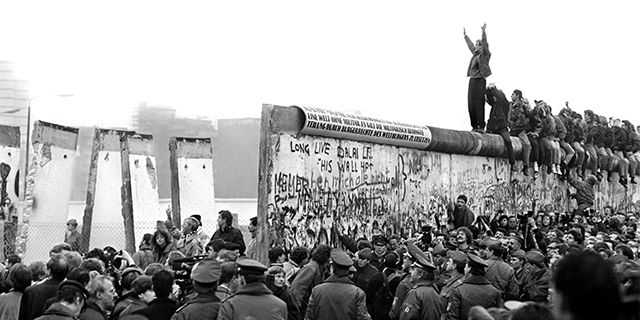
13. **The Berlin Wall and Cold War Diplomacy: Bridging Divided Worlds**The Cold War was a period of intense ideological and geopolitical tension, casting a long shadow over the mid-20th century, symbolized most starkly by the Berlin Wall. This physical manifestation of the “Iron Curtain” represented the profound ideological chasm between capitalist democracies and communist states, defining a dangerous global standoff for decades.
Steven Spielberg’s “Bridge of Spies” offers a compelling glimpse into the human stakes of this era, focusing on a critical prisoner exchange. Tom Hanks, as James Donovan, negotiates the release of a U-2 pilot, meticulously recreating the tense atmosphere of Cold War espionage. “Especially the scene when Tom Hanks’ character travels from West Berlin to East and audiences see the early days of the Berlin Wall,” serves as a stark visual of this profound division.
The film deftly balances moral complexities with gripping suspense, highlighting the quiet heroism of those who worked to de-escalate tensions and maintain dialogue amidst deep mistrust. “Bridge of Spies” is a powerful reminder of how individual acts of courage and principled negotiation can avert catastrophic global conflict, making it essential for understanding Cold War history.
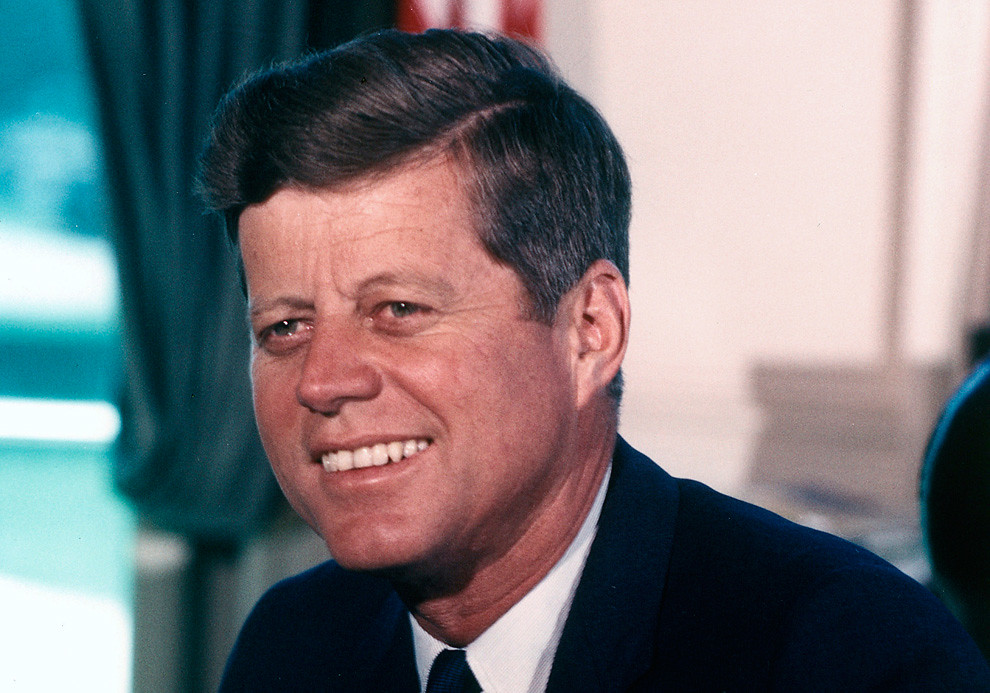
14. **The Assassination of John F. Kennedy: A Nation’s Unanswered Questions**The assassination of President John F. Kennedy on November 22, 1963, remains one of the most shocking and “consequential moments of the 20th Century,” instantly altering American history. The swift, brutal end of a charismatic leader plunged the world into mourning and ignited decades of intense debate and speculation, making it a “historic” event for its immediate impact and lasting mystery.
Oliver Stone’s “JFK” boldly confronts the complex web of theories surrounding Kennedy’s death, offering an “in-depth discussion” that challenges official narratives. While openly “conspiratorial” and potentially not “the most historically accurate telling,” it undeniably provides a potent cinematic exploration of the public’s desire for answers and the deep distrust that settled over the nation. Stone’s signature investigative style creates a relentless and immersive experience.
The film’s sprawling narrative delves into alleged conspiracies and conflicting testimonies, pushing audiences to question established facts. “JFK” is a quintessential political thriller, using a national tragedy to weave a compelling tale of cover-ups and the relentless pursuit of truth, illustrating how deeply a single event can embed itself in the national psyche.
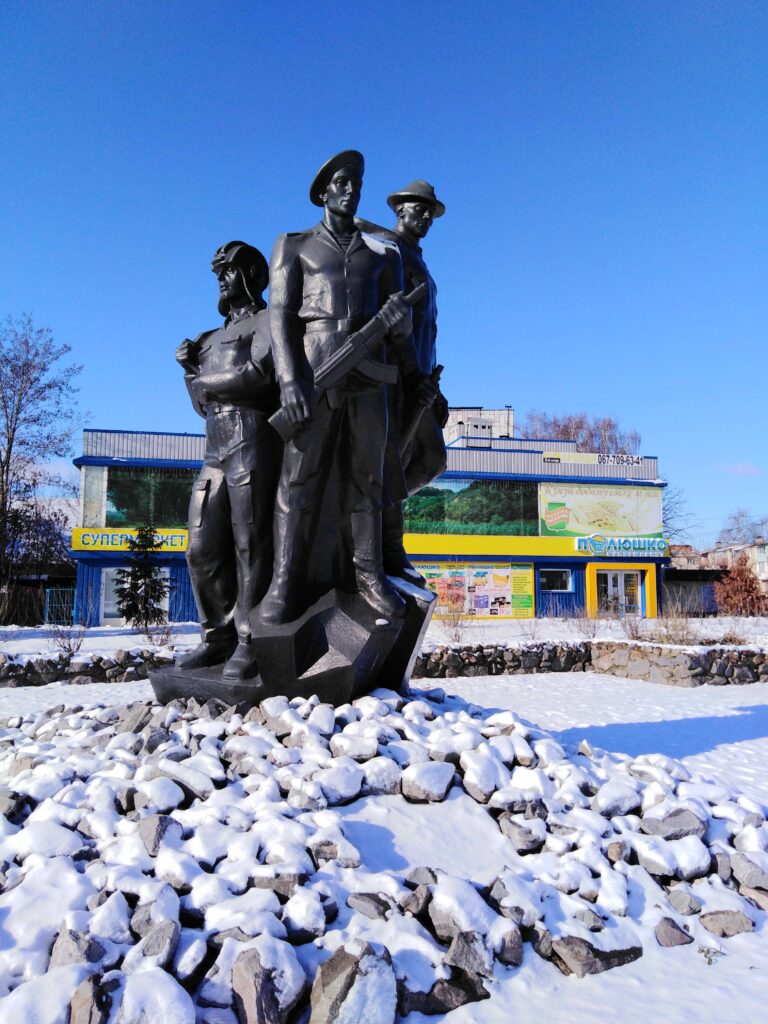
15. **The Soviet-Afghan War: The Seeds of Future Conflicts**The Soviet-Afghan War, a seemingly localized conflict in the late 1970s and 1980s, became a pivotal “historic” event with far-reaching global implications that “changed everything.” U.S. involvement, initially covert support for the Afghan mujahideen against the Soviet invasion, set in motion a chain of events influencing the collapse of the USSR, the rise of radical groups, and ultimately, 9/11 and the “War on Terror.”
Mike Nichols’ “Charlie Wilson’s War” provides a fascinating, often humorous, yet deeply insightful look into the early stages of this involvement. The “Tom Hanks movie shows the beginning of the USA’s involvement with the Afghan mujahideen,” portraying the unlikely alliance between a charismatic congressman, a rogue CIA agent, and a wealthy socialite. It illuminates the geopolitical machinations and unintended consequences of proxy wars, highlighting how small decisions have monumental, unforeseen impacts.
“There is a direct through-line from the collapse of the USSR, 9/11, and the USA’s War on Terror that all began there,” underscoring the profound historical significance of this often-overlooked conflict. “Charlie Wilson’s War” serves as a compelling reminder that the “beginning” of major global shifts can be found in discreet political actions, illustrating the complex and unpredictable nature of international power dynamics.
—
Read more about: 14 Jaw-Dropping ’80s Moments That Felt Like Blockbuster Movie Plots – And Are Still Shaping Our Reality Today!
As we conclude our thrilling expedition through 15 real-life historical events that ignited Hollywood’s imagination, it’s clear that the past is far more than just a dusty collection of dates and facts. These monumental moments, meticulously brought to life on screen, serve as potent reminders of humanity’s triumphs, tragedies, and enduring struggles. From the chilling tension of the Cold War’s brink to the raw courage of individuals confronting monumental injustice, these films don’t just entertain; they educate, provoke thought, and keep alive the stories that truly “reshaped our world.” They underscore that the most compelling thrillers aren’t always conjured from fiction, but often emerge from the astonishing, sometimes terrifying, reality of our collective history. So, next time you settle in for a gripping film, remember that the drama unfolding before you might just be a powerful echo of a past that truly happened, reminding us that history, in its rawest form, is the ultimate storyteller.



